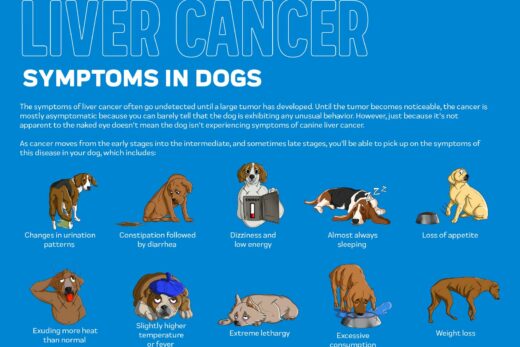If you’ve ever had issues sleeping, you’ve likely come across melatonin. It’s a popular all-natural supplement used for treating insomnia. Many animals naturally produce melatonin to regulate their sleep.
But better sleep at night isn’t the only thing that melatonin helps with. From improving mood to treating Cushing’s Disease to helping with hair loss, melatonin is a pretty nifty little chemical compound that may treat dogs that suffer from a wide range of medical conditions.
Check out our awesome guide below for everything you need about melatonin for dogs.
What is Melatonin and How Does it Work?
Melatonin is a naturally occurring hormone produced in the pineal gland that’s located in the middle of the brain. All mammals produce melatonin, and it helps our bodies with the sleep-wake cycle by telling us when we should be tired and when we shouldn’t.
Once night starts rolling around, the pineal gland will start producing the naturally-occurring hormone thanks to signals the brain sends to it. As you can guess, once the morning sun pops up, the brain stops signaling to the pineal gland and melatonin production greatly slows down – causing your body to feel more awake.
Melatonin is key to sleep, and when melatonin production is disrupted, you’ll find that you may not fall asleep or stay asleep for enough hours. Most dogs need at least 10 hours of sleep, and just like us, not getting sleep will make them sick.
We all know how awful we feel when we don’t sleep well at night. We can become angry, irritable, stressed, and anxious, and feel too weak to fight these nasties away.
Just as it happens in humans, all of this may happen to your canine.





